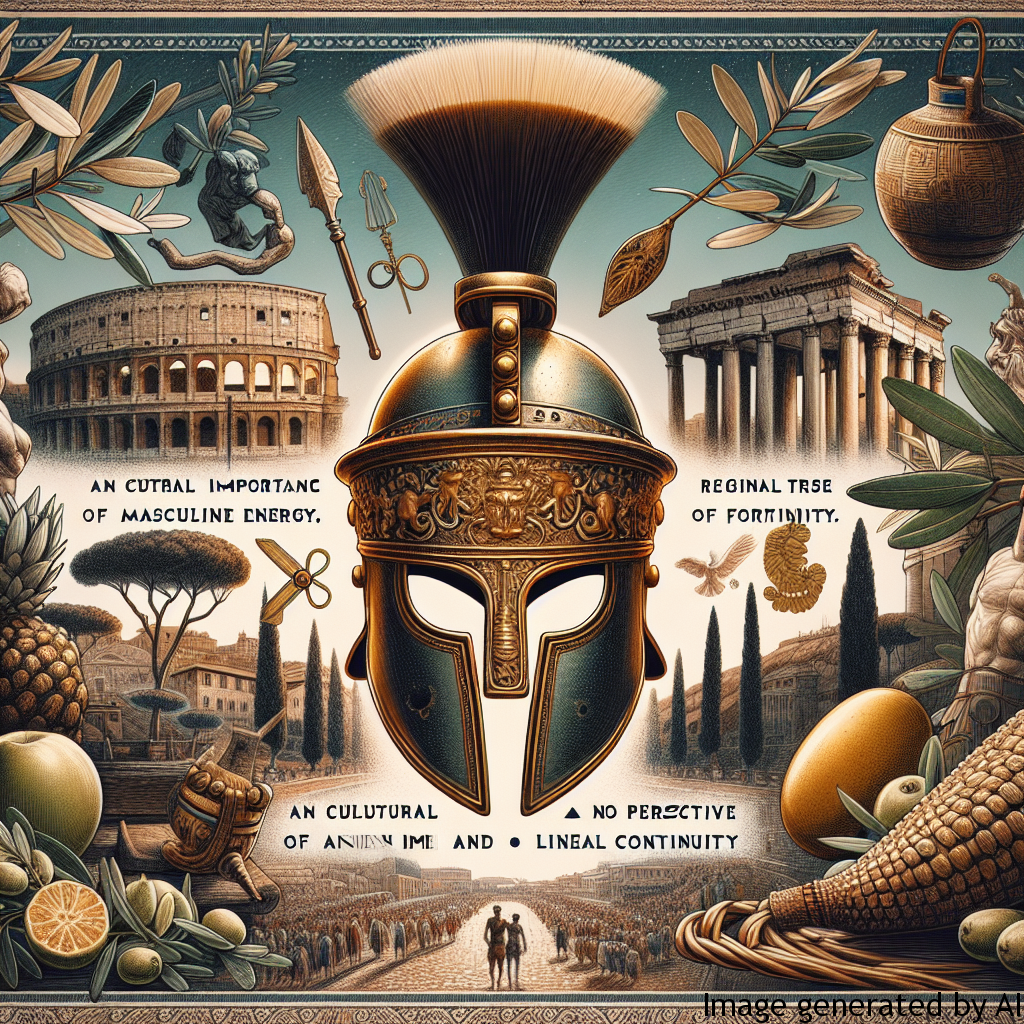In ancient Rome, a society deeply entrenched in tradition and religion, gender roles and expectations were clearly defined. Men were expected to be the bearers of intense sexual energy and the progenitors of the family line. These expectations were more than mere societal norms — they were a crucial part of an individual’s identity, deeply ingrained into the Roman psyche. But what did these expectations entail? And how did they affect the psychological well-being and life experiences of Roman men?
Introduction
The Roman Empire, one of the most powerful civilizations of the ancient world, placed a heavy emphasis on procreation and the continuation of the family line. As such, male sexual energy and fertility were perceived not only as desirable attributes but also as central to a man’s identity and role within society. These intense pressures to perform and procreate inevitably had significant impacts on the psychological health and experiences of Roman men.
Gender Expectations and Their Influence on Men’s Psychological Health
Embodying Virility and Fertility
In ancient Rome, virility was prized. Men were expected to be sexually aggressive, potent, and able to father children, as their ability to continue the family line was seen as a sign of personal and familial strength. This aspect of masculinity was extensively celebrated during public festivals, such as the Lupercalia, where men ran through city streets slapping women with strips of goat hide to promote fertility.
Pressure and Anxiety
Contrarily, these expectations placed immense pressure on men, as any perceived deficiency in sexual vigor was harshly judged. Impotence was stigmatized as a weakness and could result in the annulment of marriages. It was also a source of mockery and humiliation. This constant stress to perform and to uphold their manhood often led to performance anxiety, negatively impacting their psychological health.
Examples of How Gender Roles Can Influence Men’s Lives
The rigid gender roles in Rome defined every aspect of a man’s life. Men were reserved the public sphere and all decision-making power within the family. They were expected to protect and provide for their families, and their honor was directly linked to their sexual performance. Inability to perform these roles often led to a loss of personal and social status.
Tips for Improving Psychological Health Considering Gender Roles
Although we have come a long way from the rigid societal structure of ancient Rome, these histories serve as a pertinent reminder: one’s mental health is as important as physical well-being. It is crucial to normalize conversations around male sexual health and fertility, remove stigma, and encourage men to seek help when they need it. Society needs to redefine what it means to be ‘masculine’ and to recognize that strength comes in many forms – not merely through physical or sexual prowess.
Conclusion
In conclusion, the ancient Romans lived in a society that set high expectations for male sexual energy and fertility. While this undoubtedly led to psychological stress and anxiety for many men, modern society still carries remnants of these outdated and harmful perceptions of masculinity. By promoting open discussions and changing societal perceptions surrounding masculinity, we strive for a world where every man is free to define his own identity — without the burden of societal expectations.

